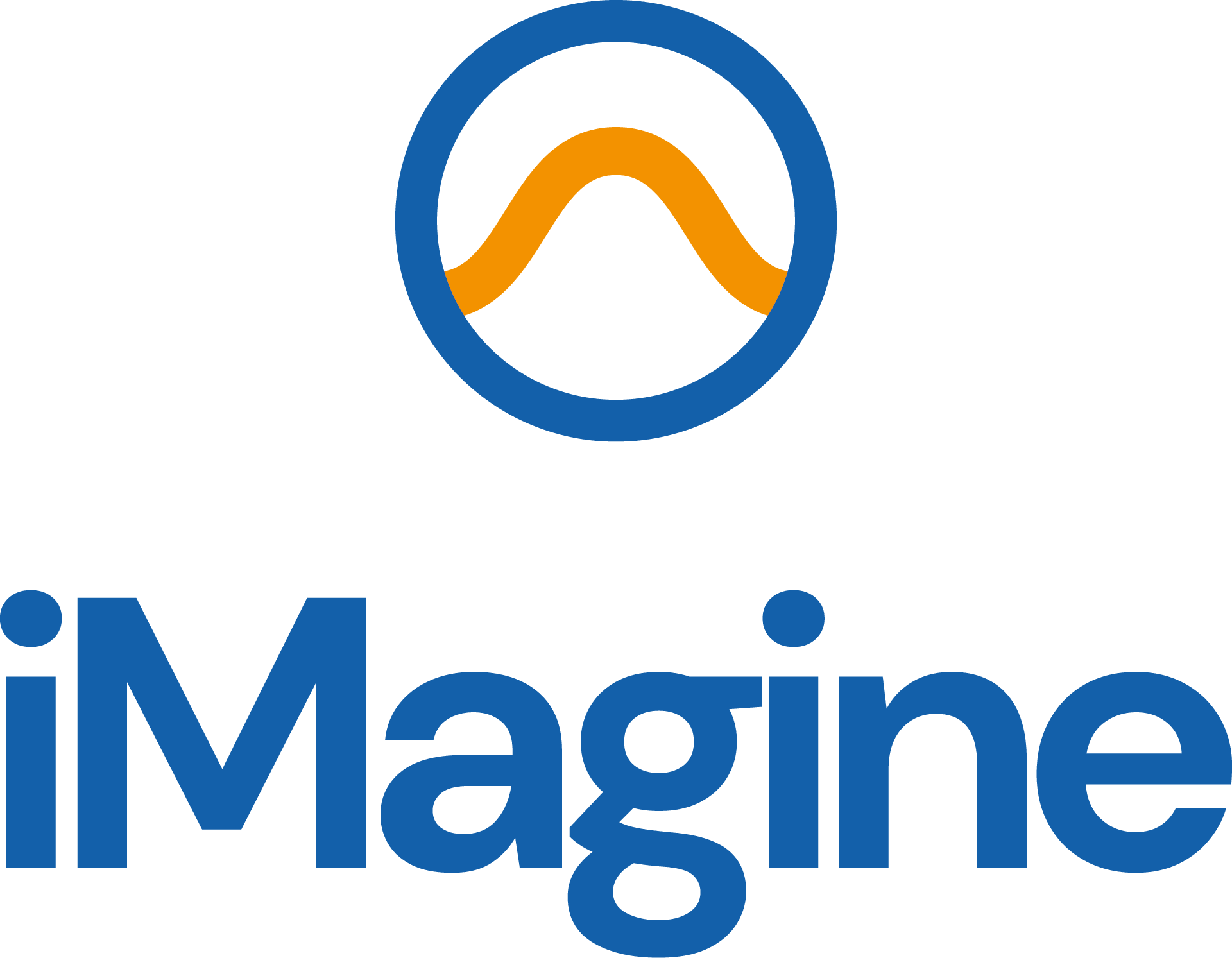iMagine use case on Marine Litter Monitoring, led by DFKI in collaboration with OGS, will participate in the iMagine webinar series on May 8th. During this webinar, the researchers will demonstrate the operation of the Litter Assessment service developed during the project.
The service provides an operational environment on the iMagine platform to detect and quantify plastic litter floating on the water surface. It uses UAV surveys at different altitudes and employs two CNN deep neural networks to quantify and characterise the observed litter. Users can ingest drone footage of their area of interest and receive an analysis of the presence and count of litter items.
This approach has been successfully applied in several countries through collaborations with the World Bank Group and NGOs, supporting local stakeholders and clean-up operations.
The service offers precise, AI-driven analysis for assessing aquatic litter, enabling targeted pollution control. Moreover, it ensures consistent, standardised litter datasets by automating image processing, empowering efficient decision-making and environmental action.
The user-friendly design of the service also encourages citizen scientists to get involved, fostering widespread involvement and awareness for a cleaner aquatic environment.
The involvement of OGS in the use case and service development is crucial for providing a valuable contribution to the data collection maintained by EMODnet.



